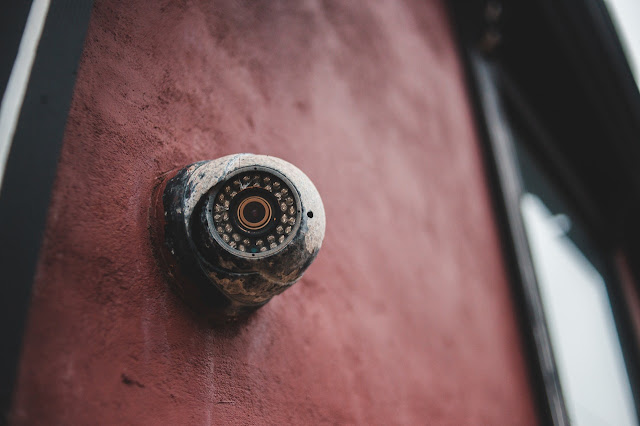The Ultimate IP Camera Buying Guide
An internet protocol (IP) camera is a modern camera that uses an internet network rather than electric signals. They are called IP because they operate under internet protocol networks. The IP camera systems are now replacing the old analogue CCTV systems. CCTV systems were always centralised and needed a data recorder commonly known as Digital Video Recorder (DVR). On the other hand, IP cameras can operate on their own. Most IP cameras contain an embedded microcomputer responsible for data recording and storage. The operation can be Both centralised and decentralised depending on the power of the camera.
Types of IP Cameras
Knowing the various type of IP cameras and how they operate will help you choose the right camera.
- Dome Cameras
They are the best in commercial setup or discrete houses. They are highly resistant to vandalism and have a wide-angle view.
- Bullet Cameras
These camera shapes are widely recognisable from the CCTV system. Due to their cylindrical shape, they are called bullets. They have a fixed focus and are suitable for sleek houses. Unlike domes, bullet cameras are vulnerable to vandalism.
- PTZ Cameras
These are more resistant to vandalism than the three and are suitable in more discrete houses. They can tilt and zoom. PTZ cameras have 3600 views. For commercial and business purposes, these are the best IP camera.
What to consider when buying IP Cameras
- Security Target
The first step in purchasing an IP camera is determining what you want to watch and why you want to watch it. You should take a tour around your business or home and search for places that need to be observed. This will help you determine where to put your IP cameras. Entrance is usually the first place to position your camera, and then you can decide other locations depending on the level of vulnerability.
- Recording/Resolution Quality
Most IP cameras have feature descriptions on their package. Camera resolutions are in megapixels (MP). The lowest IP camera has 2MP, which is enough for general surveillance. But for more detailed output like number plates and faces, you need 12MP and above.
- Monitoring Angle
A camera's field of view varies depending on its intended use. There are occasions when you need a wide-angle lens to get a general overview; in this case, you may consider a PTZ IP camera with a 3600 view, for less view bullet or dome cameras can fit.
- Outdoor or Indoor
The majority of IP cameras are built with specific parameters in consideration. Not every camera is appropriate for outdoor use. Check to determine if the camera is intended for indoor or outdoor use. You'll also want to acquire a Vandal-resistant enclosure for public cameras.
- Night Vision
IP cameras are supposed to give security all the time, day and night. Considering that most crimes are carried out during the night, night vision is an essential factor to consider before buying your camera. Most IP cameras have night vision. Night vision uses infrared; therefore, you should avoid putting your camera behind glasses because they will cause blurred vision due to reflection.
IP cameras are designed to give security and monitor your business or home against vandalism. Buying the right IP camera is fundamental for optimum safety. The above considerations will guide you through purchasing the appropriate camera.




Comments
Post a Comment